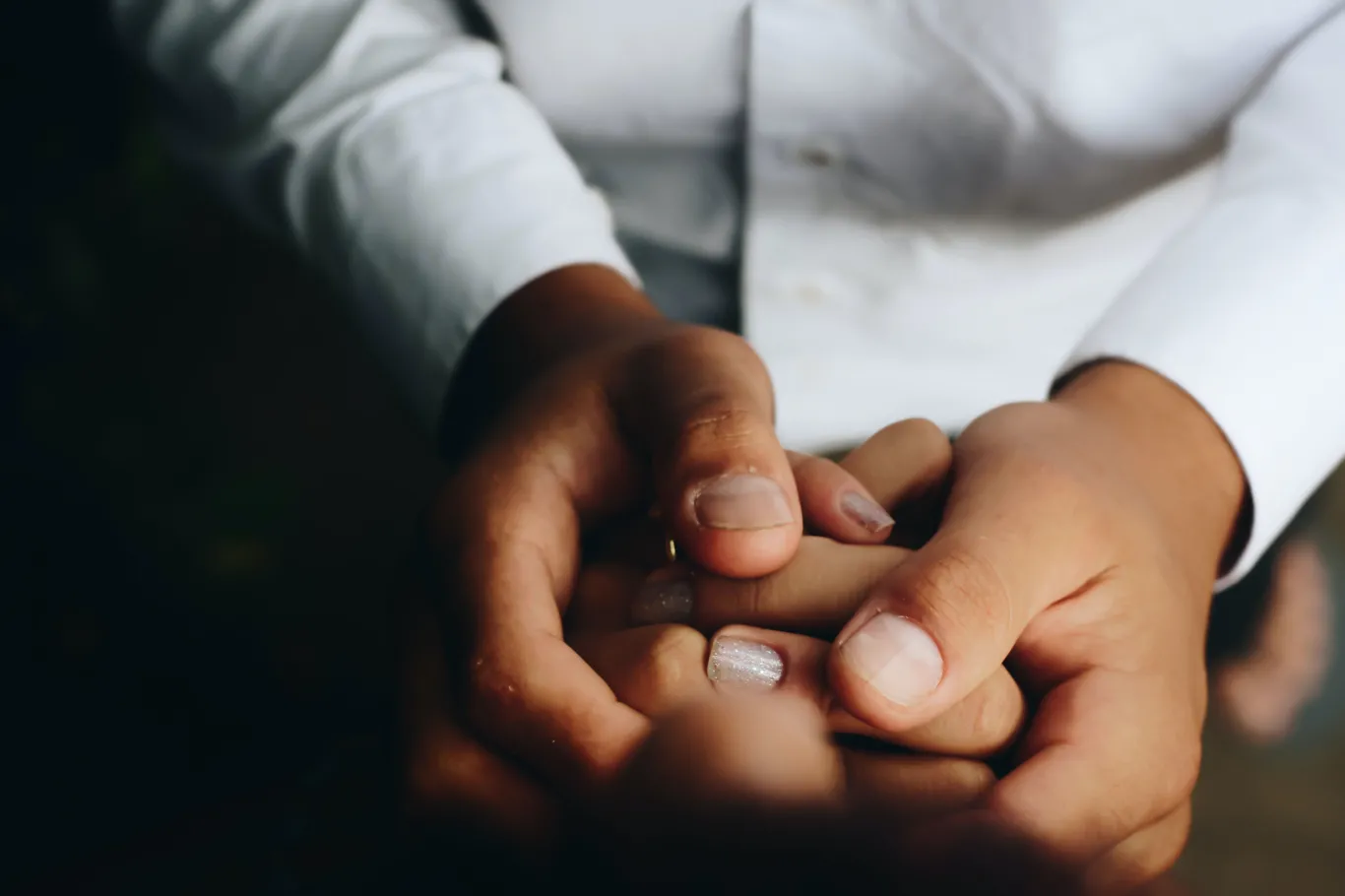Will COVID-19 Lead to a More Resilient Approach to Medicine?

Editor's Note: This is part of Nancy's Resilience series. Please see other posts in this series.
My daughter Rebecca is a freshman in college and has her heart set on becoming a physician. She’s known this from an early age, just as soon as she could articulate how she wanted to honor her dad’s life. He died of brain cancer when Rebecca and her twin brother Casey were 2 1/2 years old. The twins were far too young to remember all the hours, days, and weeks spent in New York City hospitals with him, and certainly too young to remember how the first six weeks of their own lives were spent in the neonatal unit of a hospital. Rebecca and Casey were born at 30 weeks and together weighed less than a roasting chicken.
I remember all of it. Like it was yesterday.
I remember Joyce, the neonatal nurse with the lilting, sweet voice who convinced me that Rebecca would be okay because, at 2 1/2 pounds, she “screams like a diva.” And I remember how, when all medical options for Brett had been exhausted, his very kind neuro-oncologist looked him in the eye and said, “But you, Brett, are not a statistic.” To everyone’s amazement, Brett lived a few more years. Which was lucky for all of us.
Times were different then. For one thing, we communicated by phone and in-person, not over email, text, or Zoom.
Although there is so much disruption in healthcare today (and in the world in general), I can’t help but wonder if one silver lining in the COVID-19 pandemic is a renewed emphasis on the humanity of medicine. For months now we’ve read and watched heroic stories about healthcare professionals putting their own lives at risk to save others. These stories are heartbreaking and painful because too many people are dying from a pandemic that has raged out of control. And yet, there is something to be gleaned from hearing legions of doctors and nurses speak about some of the victims of the virus: the grandfather of six, the mother of two, the father of three, the young college student, and more. With the mortality rate so high from COVID-19 (and still climbing), we need to be reminded that the patients who lost their lives are not just statistics; they were ordinary people with real lives.
The same is true for cancer. The mortality rate remains staggeringly high for too many cancers, yet I believe those dedicated to fighting the war on cancer heed a special calling, which centers on the person and the patient. Few things are scarier to the human soul than hearing the words “you have cancer.” Brett and I were lucky to have the kind of compassionate care we did from his neurosurgeon, neuro-oncologists, radiation oncologists, and oncology nurses, who went out of their way to make us feel that his care mattered. Those physicians took the time to get to know us as a young couple, and later, as a young family. They checked in on weekends. They asked Brett about his favorite Bruce Springsteen songs. They insisted on helping him into a cab when he appeared unsteady on his feet. His very first neuro-oncologist even asked if she could speak at his funeral. I’d never seen this kind of authentic kindness in medicine before, and it’s something I’ll cherish forever.
Cancer patients, their caregivers, and their families need and deserve these kinds of authentic connections, as do the healthcare professionals who are providing care.
I have no idea what the industry will look like when my daughter goes to medical school and begins her residency, or even what kind of physician she’ll wind up being. What I do know is that losing her father to cancer at such a young age has given her enormous empathy for those who suffer. This will make her a better person and a better healthcare provider. For this, I’m grateful.
***
CSC Support Tools:
Connect to Your Online Community
Join the Cancer Experience Registry